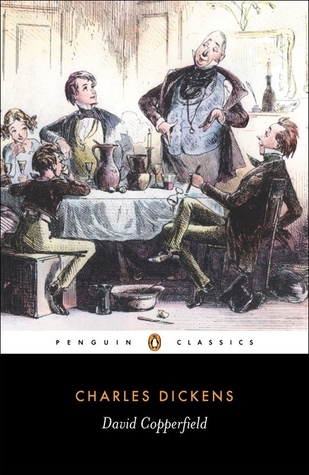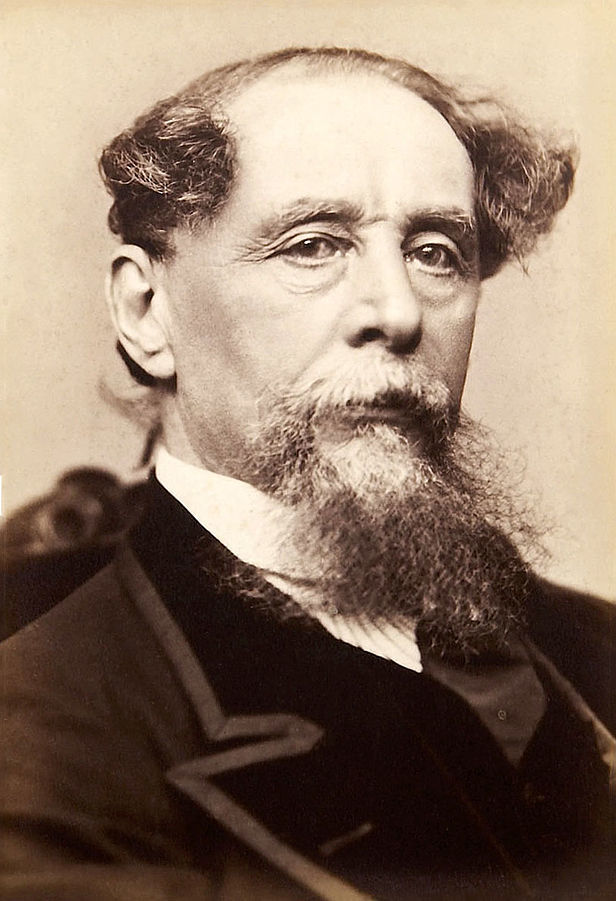



The pigeon-pie was not bad, but it was a delusive pie: the crust being like a disappointing head, phrenologically speaking: full of lumps and bumps, with nothing particular underneath. In short, the banquet was such a failure that I should have been quite unhappy—about the failure, I mean, for I was always unhappy about Dora—if I had not been relieved by the great good humour of my company, and by a bright suggestion from Mr. Micawber.
- David Copperfield, Chapter 28

Book cover
About the book
David Copperfield is the story of a young man's adventures on his journey from an unhappy and impoverished childhood to the discovery of his vocation as a successful novelist. Among the gloriously vivid cast of characters he encounters are his tyrannical stepfather, Mr Murdstone; his brilliant, but ultimately unworthy school-friend James Steerforth; his formidable aunt, Betsey Trotwood; the eternally humble, yet treacherous Uriah Heep; frivolous, enchanting Dora Spenlow; and the magnificently impecunious Wilkins Micawber, one of literature's great comic creations. In David Copperfield - the novel he described as his 'favourite child' - Dickens drew revealingly on his own experiences to create one of the most exuberant and enduringly popular works, filled with tragedy and comedy in equal measure. - Goodreads

Charles John Huffam Dickens (1812–1870) was an English writer and social critic. He created some of...

Inspired by the homonymous book by Fernando Vidal and Francisco Ortega, this timespace presents the authors' genealogy of the cerebral subject and the influence of the neurological discourse in human sciences, mental health and culture.